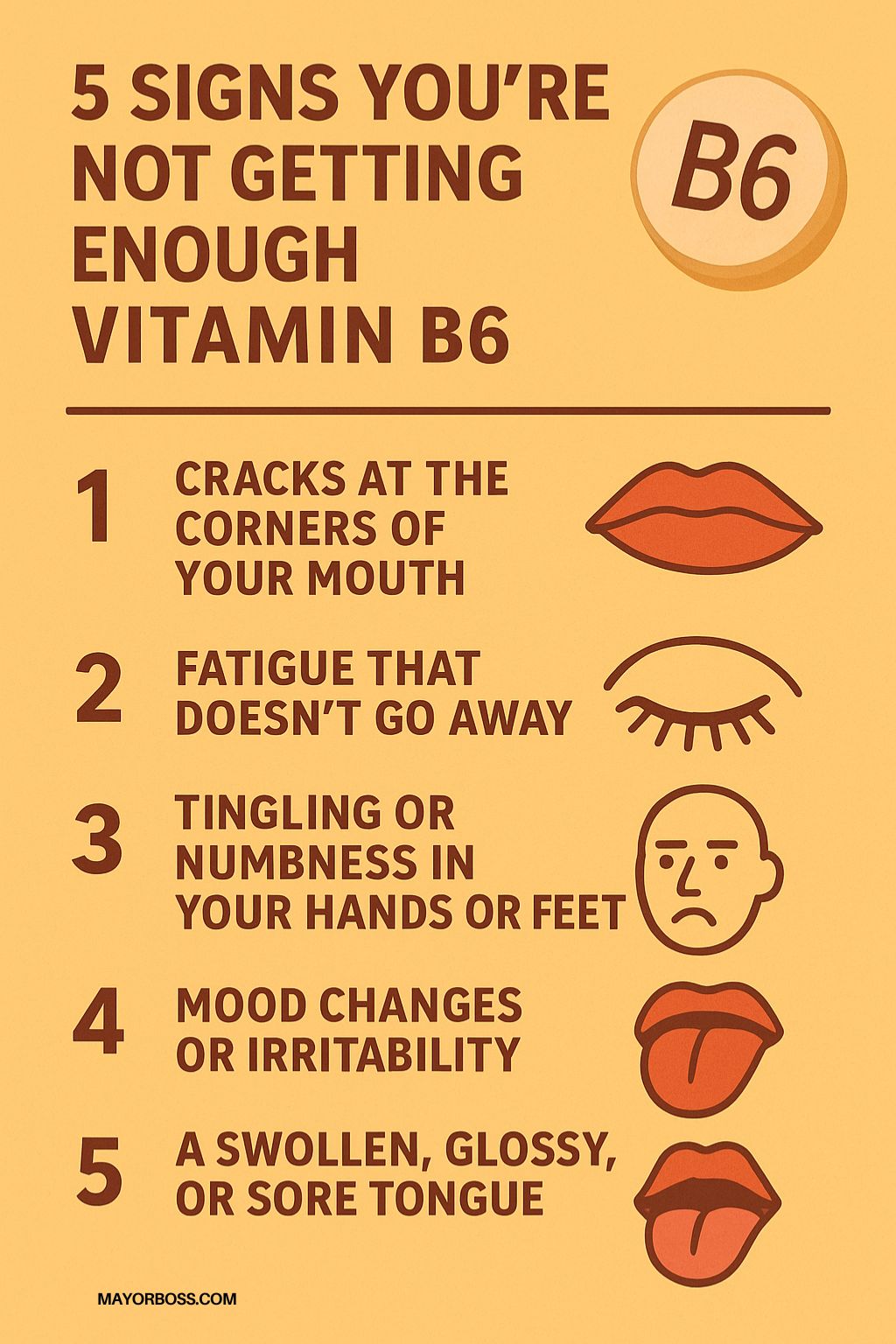The Benefits of Vitamin C
When it comes to essential nutrients, you might immediately think of Vitamin C. That’s because its role in promoting overall health is not a secret. In fact, the benefits of Vitamin C, also known as ascorbic acid, are numerous and significant.
The Health Benefits of Vitamin C
A Strong Immunity Booster
One of the foremost benefits of Vitamin C lies in boosting your immune system.
If you’ve ever wondered why Vitamin C is often recommended during flu season, it’s largely due to its immune-boosting properties.
Per the National Library of Medicine, Vitamin C contributes to immune defense by particularly supporting different cellular functions.
Specifically, it is involved in promoting the production and function of white blood cells, which play a vital role in warding off infections.
Moreover, Vitamin C is a powerful antioxidant, meaning it protects these immune cells from damaging free radicals.
Hence, adequate Vitamin C intake is key for maintaining a strong and effective immune system.
Enhances Skin Health
In addition to supporting immunity, the benefits of Vitamin C extend to your skin as well.
It is commonly believed that Vitamin C plays a significant role in maintaining healthy and radiant skin.
Several studies suggest that Vitamin C promotes collagen production.
Collagen is a protein that gives your skin its elasticity and strength.
With age, collagen production naturally slows down, but Vitamin C can help to counteract this process.
Furthermore, the antioxidant properties of Vitamin C help protect your skin against damage from UV rays and pollution, leading to decreased signs of aging and a healthier overall complexion.
Aids in Iron Absorption
Beyond skin health, one of the lesser-known but equally important benefits of Vitamin C is its role in iron absorption.
Iron is a crucial mineral that helps make red blood cells and transport oxygen throughout your body.
According to studies, Vitamin C enhances the absorption of iron from your diet. Specifically, it converts iron into a form that is easier for the body to absorb.
Thus, it plays a crucial role in preventing iron-deficiency anemia, a common condition that can lead to fatigue and weakness.
Keep Your Heart Healthy
Some people may find it surprising, but the benefits of Vitamin C also include heart health protection.
Several studies have reported that a high intake of Vitamin C can help reduce bad LDL cholesterol levels and maintain blood pressure within a healthy range.
These factors contribute to a lower risk of heart disease.
Reduce Your Risk of Chronic Disease
As an antioxidant powerhouse, Vitamin C plays a vital role in preventing oxidative stress in your body.
Oxidative stress, caused by an imbalance of free radicals and antioxidants, is linked to numerous chronic diseases, including heart disease, stroke, and certain cancers.
In other words, because of its strong antioxidant properties, Vitamin C can neutralize harmful free radicals, thus reducing your risk of chronic diseases.
Research has indicated that a higher intake of vitamin C can lead to a significant increase of up to 38% in your antioxidant levels.
Final Thoughts
The benefits of Vitamin C are undoubtedly impressive.
Whether it’s boosting your immune system, improving skin health, aiding in iron absorption, protecting heart health, or acting as a powerful antioxidant, Vitamin C certainly earns its status as an essential nutrient.
Remember, while supplements can help you meet your Vitamin C needs, the best source is always a balanced diet rich in fruits and vegetables.
Frequently Asked Questions
The recommended daily intake of Vitamin C varies by age, sex, and life stage.
However, for most adults, the recommended daily amount is 65 to 90 milligrams a day, and the upper limit is 2,000 milligrams a day.
Fruits and vegetables are basically the best sources of Vitamin C.
These include citrus fruits like oranges and grapefruits, strawberries, bell peppers, broccoli, and spinach.
Many people actually believe that Vitamin C can help prevent or even treat colds.
However, according to the National Institutes of Health, for most people, Vitamin C supplements do not decrease the chance of getting the common cold.
In particular, it only slightly reduces the amount of time and severity after you already have a cold.
Taking too much Vitamin C can cause side effects like diarrhea, nausea, and stomach cramps.
In general, it’s best to stick to the recommended daily amount and get your Vitamin C from a variety of food sources.






